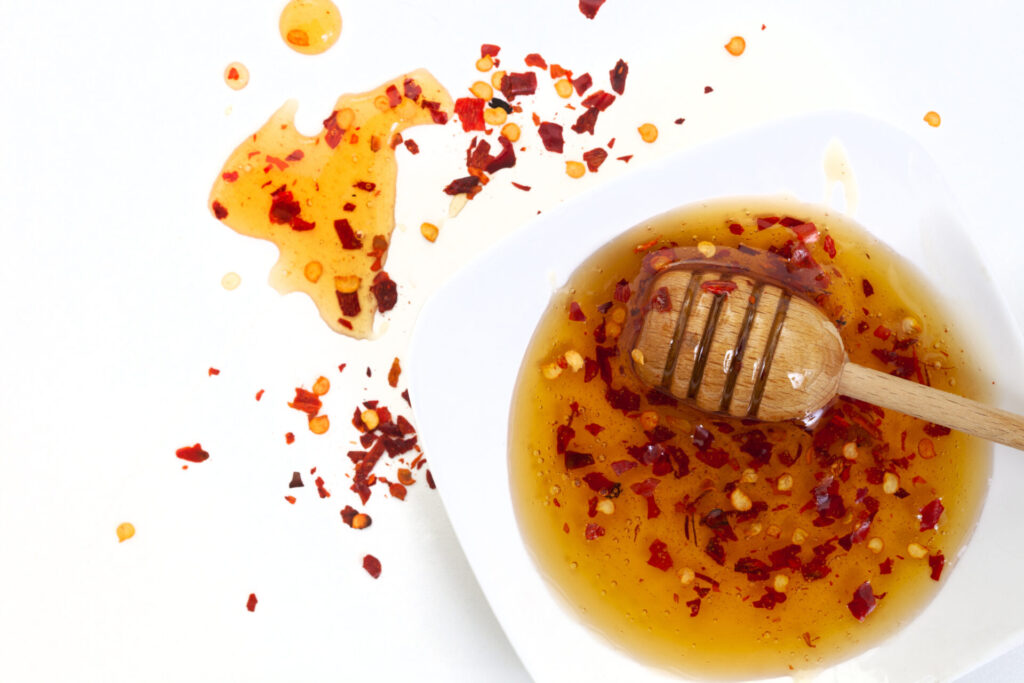 It seems like every day my son reports that he had cupcakes or donuts at school for someone’s birthday. I’m concerned he’s getting too much junk food. Should I be?
It seems like every day my son reports that he had cupcakes or donuts at school for someone’s birthday. I’m concerned he’s getting too much junk food. Should I be?
Answer:
I do think you should be concerned and I think it is entirely reasonable that you pursue this concern. It is not reasonable that your son is offered or fed sweets and treats on a daily basis at school. Our mandate as parents and a society should be to empower children, teens and their caregivers to engage in healthy eating and an active lifestyle, and assist in overcoming barriers to a achieve a healthy lifestyle. While you may be encouraging this at home, it would appear your son’s school is undoing this healthful approach.
You’ve probably heard that more than 25 percent of Canadian children are overweight. The average high school graduate will have spent 15,000 hours watching TV and only 500 hours in physical education. On average, Canadian schools offer less than one hour of physical education per week. Today’s youth are bombarded with many unhealthy distractions: TV, video games, Internet, as well as advertisements for processed and snack foods. One would hope that school would be a healthy environment to reinforce the healthy lifestyle messaging.
Today’s children face more challenges and stresses than previous generations (both parents working outside home, expectations, homework, competition, bullying).
According to the World Health Organization, “globesity” is a complex condition, one with serious social and psychological dimensions, that affects virtually all ages and socioeconomic groups and threatens to overwhelm both developed and developing countries.
Canadian expert Dr. David Lau notes that genetics account for only 25 to 30 percent of obesity. Prevention and treatment should logically be directed mainly at environmental factors (social, behavioural and cultural) as principal determinants of health.
In such a situation, the issue is the school policy. I would recommend that you speak with the teacher to raise your concerns and first determine exactly how often treats are being served, and if in fact there is a treats policy. If that doesn’t lead to change then speak with the principal, other parents, the parent-teacher association and if necessary, the school board.
In the short run there is no particular harm to a healthy child with such events. But it can establish unhealthy patterns and expectations of snacking. If it continues to happen at the school then it can contribute to risks of being overweight, obese and other medical consequences.
Got a health question? Submit it to Dr. Marla.
Originally published in ParentsCanada magazine, December 2012.










